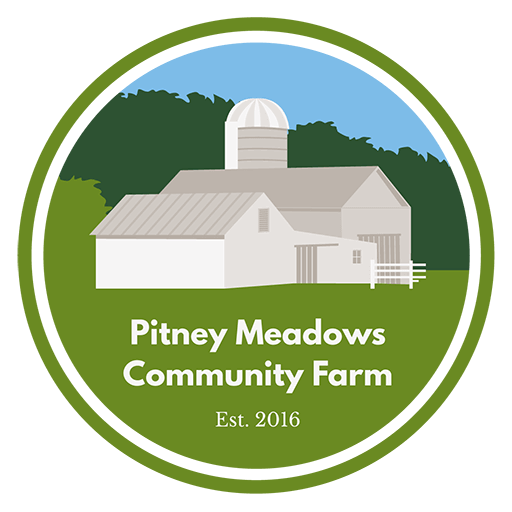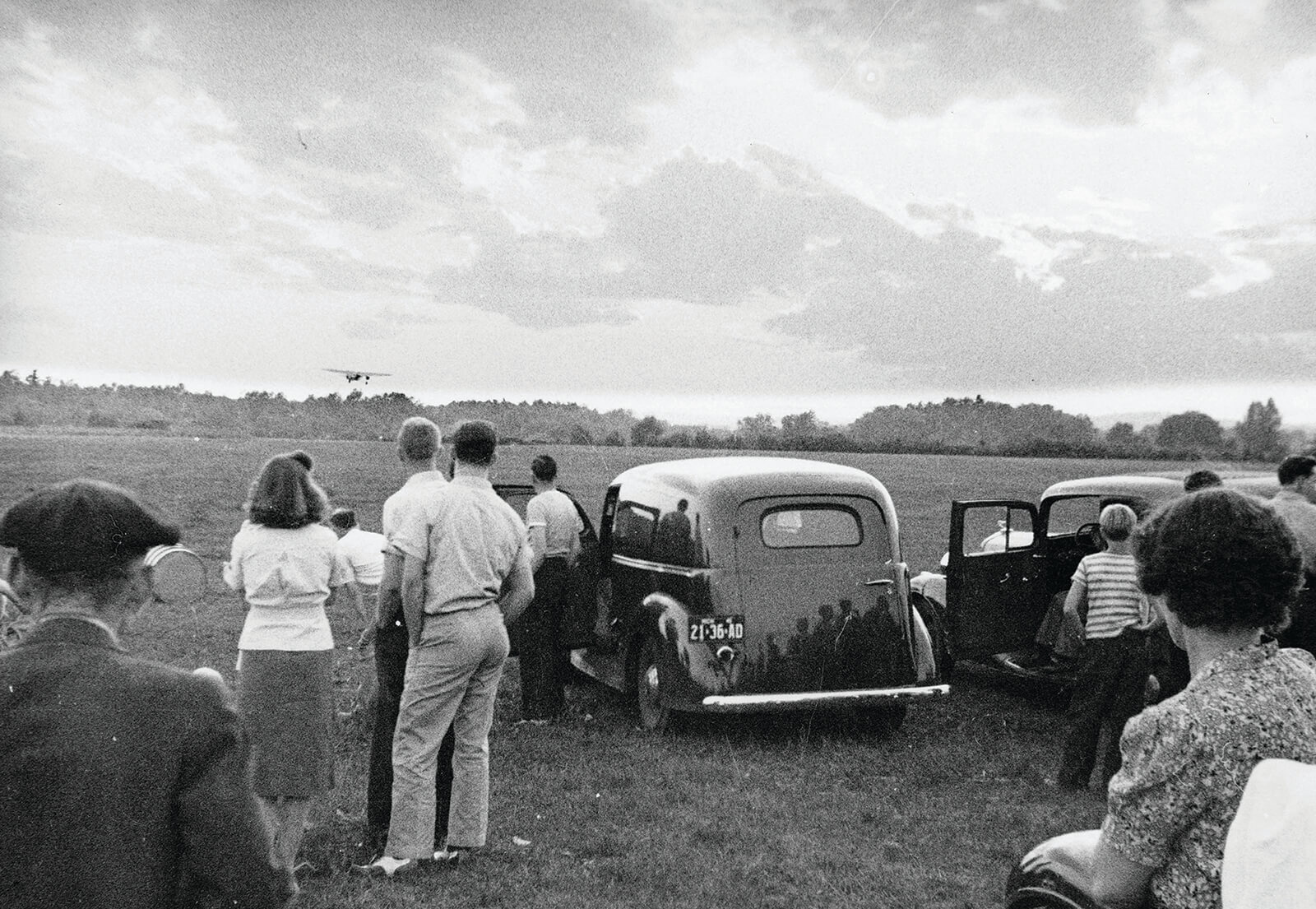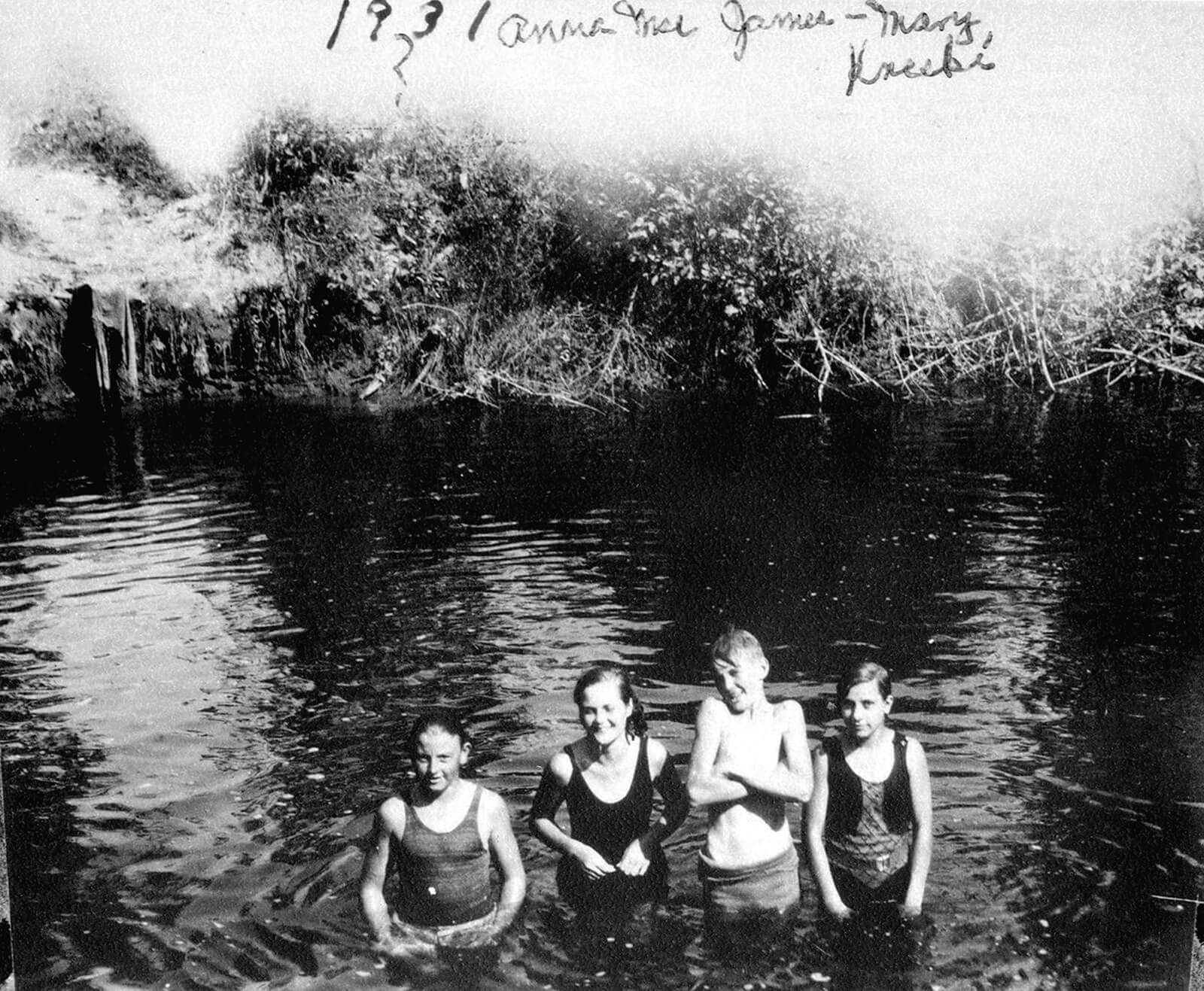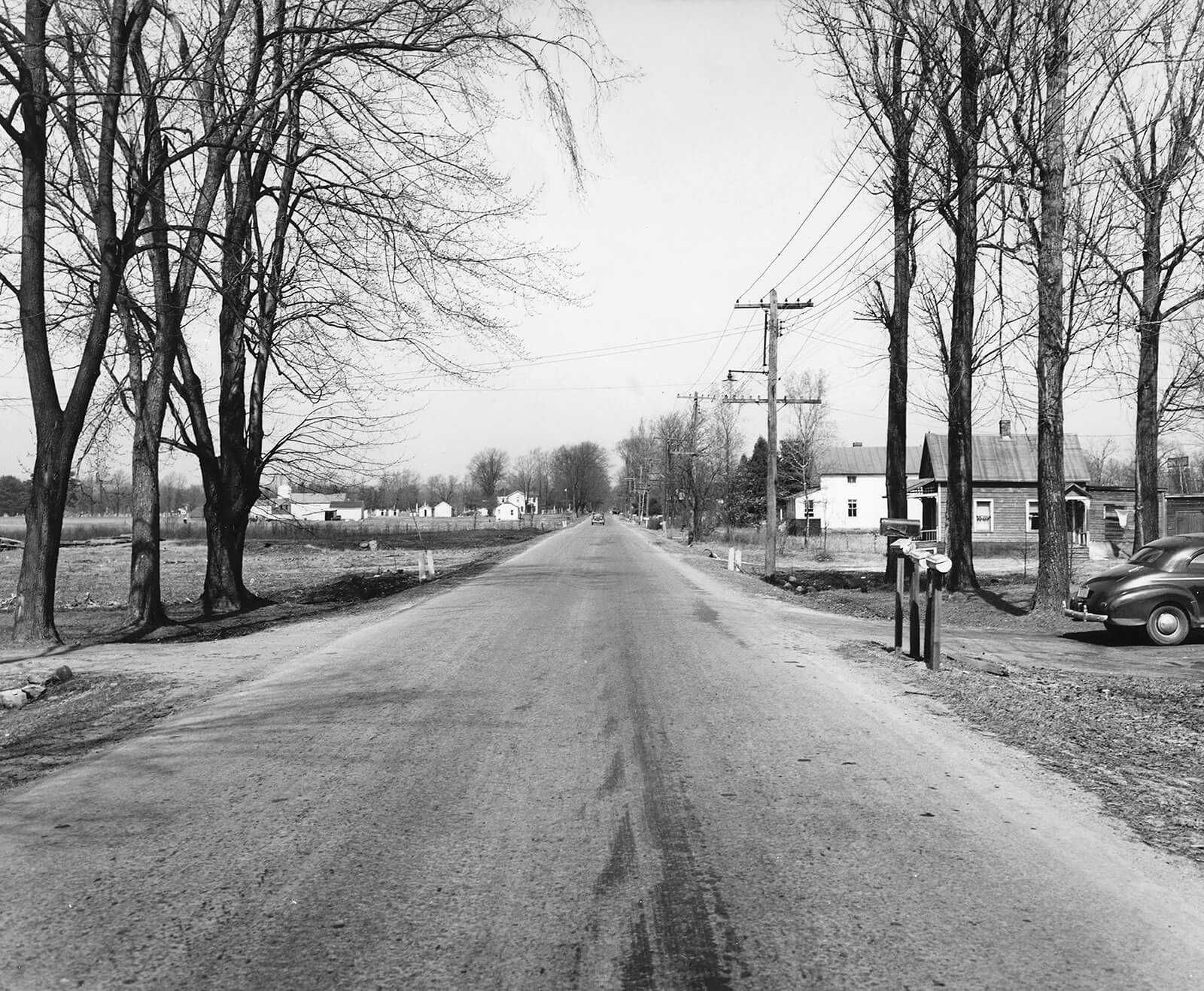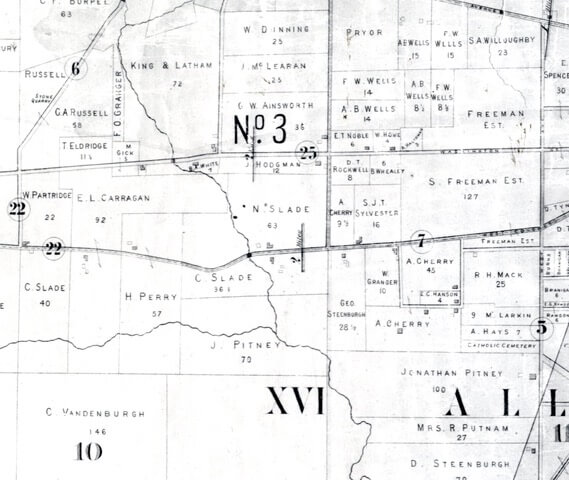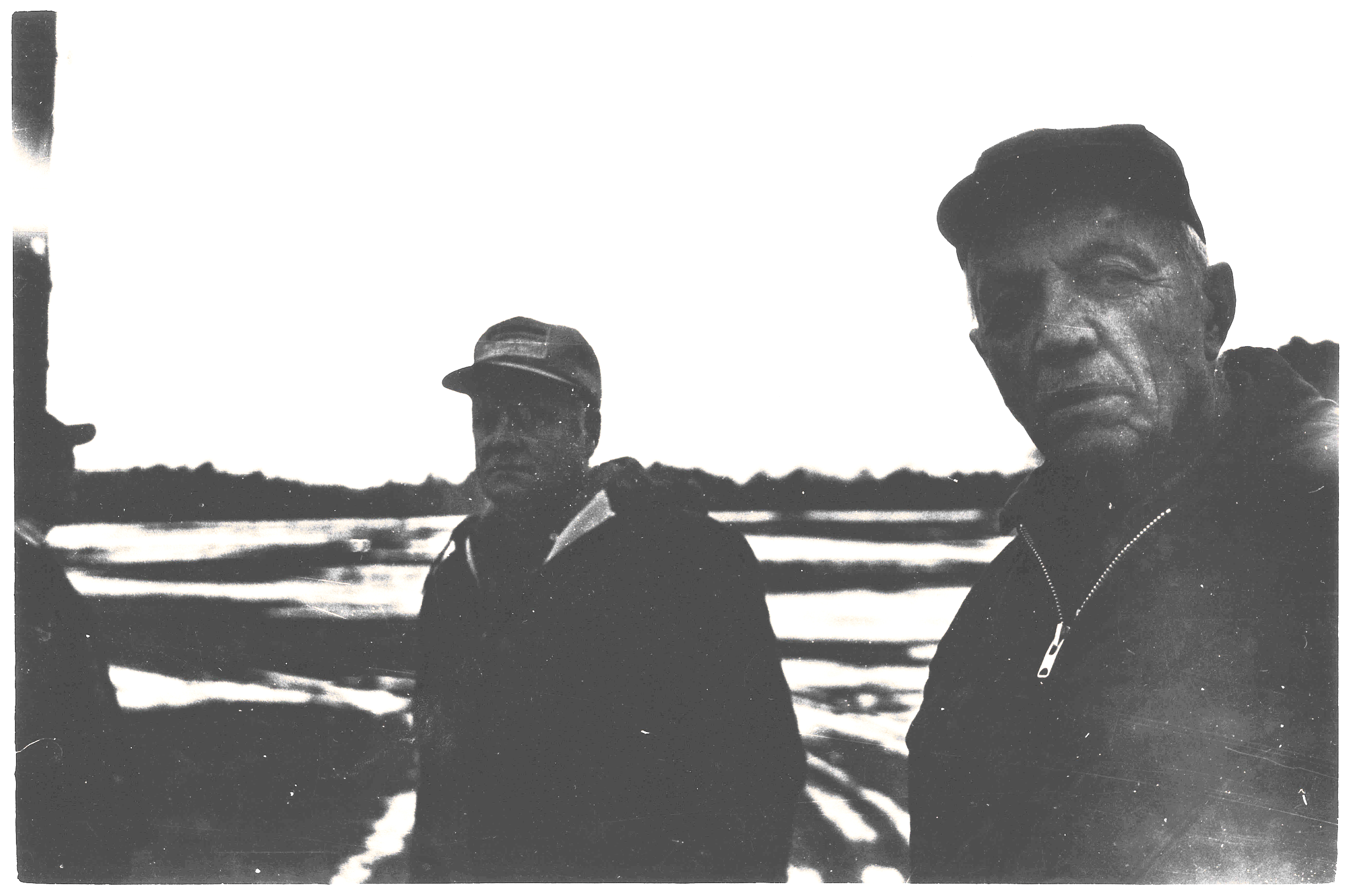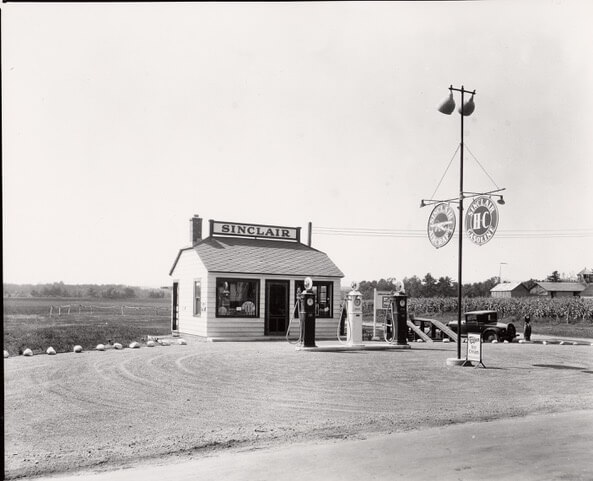History
• 1794 •
The property first appeared in historical records when it was sold by Nicolas Law, a wealthy New York City merchant who would go on to build the San Souci in Ballston Spa, to Amos Bacon. The nickname of "Bacon's Lot" would follow the property for many years, even after Bacon sold the property to George Peck a few years later.
George Peck utilized the timber on the property to support his inherited sawmill business, which was located where the Saratoga Springs Water Company is today. Peck later converted the sawmill into a forge, which produced scythes for early-American grain farmers. He was known as "the best and most successful scythe-maker in all Yankeedom". After the conversion of sawmill to forge, the land at Bacon's Lot was used to grow grain or hay for Peck's homestead, which was located nearby.
• 1864 •
The Pitney Family, Abigail & Jacob and their ten children, arrived to Saratoga Springs from Arlington, Vermont in the late 1830's. One of the son's, Jonathan Pitney (born in 1807), established The Pitney House on Congress Street (now Grand Avenue). The Pitney House was a boarding house that was known for its food- a Victorian farm-to-table, which was grown on rented farm land by Jonathan Pitney.
"Bacon's Lot" was purchased by Jonathan Pitney in 1864. Jonathan had been leasing farmland, both close to the boarding house and from George Peck, for many years prior to his purchase of "Bacon's Lot", and was well-known in the area as a successful farmer. By 1870, The Pitney Farm had 98 workable acres, a profitable market garden, and many animals, including horses, milk cows and pigs.
• 1872 •
Jonathan Pitney purchased 70 acres west of the main farm from Alexander Cherry, bringing his total holdings to 170 acres of land.
• 1883 •
Jonathan Pitney suddenly dies, and leaves the Farm to his son Charlie, and the boarding house to his son Jerome. However, The Pitney House was sold in 1886 in order to settle an inheritance dispute between Jonathan Pitney's heirs. Charlie took no interest in the family farm and upon his untimely death in 1906, the farm became the sole responsibility of Jerome's. Under Jerome's care, The Pitney Farm became a productive and successful dairy farm with an established milk delivery route. During World War II, the farm processed meat for sale in a local store.
• 1930 •
Jerome created "Sky Spa Co. Inc", the city's first airport, on the farm's property. It remained in service until about 1942 when the Saratoga County Airport opened. The airport offered private trips from New York City to the race track for $20 and even boasted the occasional airshow- complete with wing-walkers, dare devil stunts and parachute jumpers. The Pitney Family set-up a small Sinclair filling station, which sold hot dogs, burgers, candy, and soda to eager airport guests.
• 1951 •
Jerome's oldest son, Jerome Jr., took over the farm upon his fathers death, which was still a major player in the dairy industry.
• 1957 •
The railroad right-of-way cut the Pitney Farm, preventing the Pitney Family from farming 13 acres of land on the northwest of the property.
• 1958 •
Jerome Jr. purchase Thorobred Feed, in response to the loss of his farmland from the rail road. The Pitney Farm raised rye straw and corn to sell in the feed store. It was sold to Fasig-Tipton in 2002.
• 1992 •
Jerome's son, our beloved Bill Pitney, "retired" from farming in 1992 and rented out the land to other farmers.
Jerome Jr.'s descendants, and owners until 2015 - William, Kathy, and Judith Pitney - sought to preserve the essential nature of the farm for the community, despite lucrative offers to sell the property for development.
• 2002 •
In 2002, 74% of Saratoga Springs voters looked to the future of their community and voted to establish a five-million-dollar Open Space Fund. The Fund was to be used by the City of Saratoga Springs to protect its most prized open spaces from development. A clear priority, with widespread support for protection, was the Pitney Farm, a 166-acre parcel that supported one of the last remaining active farms within the City.
• 2016 •
Thanks to the wisdom of the voters and the generosity of the Pitney family, the community is now assured that the Pitney Farm will be preserved in perpetuity for farming and education. The vision of the partnership between the City and the Pitney family is embodied in a conservation easement made possible by a $1.13 million investment from the Open Space Fund. Fulfilling this vision is the mission of the Pitney Meadows Community Farm, Inc., a 501(c)(3) non-profit organization established in 2016.
As we begin another beautiful season together at Pitney Meadows, I find myself reflecting on the powerful message we shared last year: Let’s root for one another. That invitation remains...
Pitney Meadows Community Farm, in partnership with Sustainable Saratoga, is proud to announce the launch of a new city-funded Community Compost Program located on-site at the Pitney Meadows Community Garden....
In the face of federal funding cuts for local food and hunger relief programs, Pitney Meadows Community Farm and the Saratoga Hospital Community of Excellence are thrilled to announce the...
At Pitney Meadows Community Farm, we’ve always believed in growing more than food—we grow community, connection, and resilience. As we approach our 10-year anniversary, we’re thrilled to share that we’ve...
As we begin another beautiful season together at Pitney Meadows, I find myself reflecting on the powerful message we shared last year: Let’s root for one another. That invitation remains...
Pitney Meadows Community Farm, in partnership with Sustainable Saratoga, is proud to announce the launch of a new city-funded Community Compost Program located on-site at the Pitney Meadows Community Garden....
